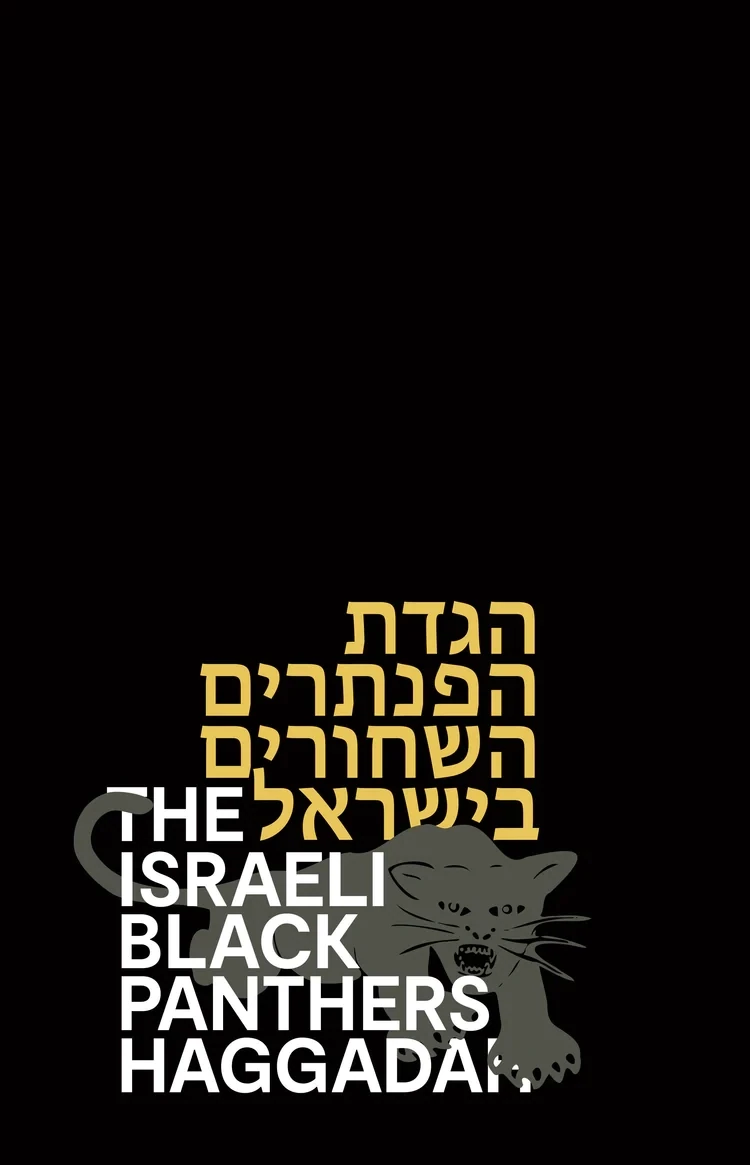Israeli Black Panther Haggadah
We are so excited to have this in stock!
More info about this special Haggadah:
The Israeli Black Panthers Haggadah was first written in 1971, at the beginning of their movement. It was written in a dark tin shack in Jerusalem on a stolen typewriter. In the introduction to this 50th Anniversary Edition, Reuven Abergel, one of the founders of the movement, writes that the Haggadah talks "about the pain, discrimination, and oppression that we were subjected to as part of Israel's policy of separation between Jews from Muslim countries and Jews from Eastern Europe."
A year later, a fire destroyed most of the Israeli Black Panthers' archives, including the Haggadah. It was thought lost for some 40 years until a rabbi who collected Haggadot reached out to Abergel with a copy.
In 2019, a second edition of the Haggadah was published in Hebrew as a pamphlet, an effort initiated through The Civil Archive of Social Struggles in Israel, led by Sapir Sluzker Amran. After that, groups came together with the purpose of making the Israeli Black Panthers struggle and the Haggadah story accessible in both Hebrew and English as a way of promoting dialogue about the potential of Mizrahi struggle in Israel/Palestine.
Translator Itamar Haritan worked closely with Abergel to translate the Haggadah into English starting in 2017 and has updated parts of it since then with his help. The Israeli Black Panthers Haggadah is a completely bilingual (Hebrew-English) book and in addition to the new translation from Haritan and introduction from Abergel, there are other new essays that reflect on the Israeli Black Panthers and the Haggadah text. It also includes powerful archival images of the Panthers and their activism.
On this site, we have also provided a free preview of an earlier section of the Haggadah that you can use at your Seder table. Click here to download it.
We are so proud to present this new book project.
In solidarity,
Reuven Abergel and Marcelle Edery
Sapir Sluzker-Amran (Production and Consulting)
Libby Lenkinski (New Israel Fund)
Ari Bloomekatz (Jewish Currents Press)

